Networks & associations
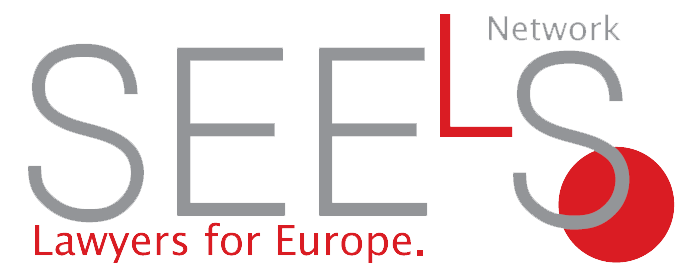
South East European Law School Network (SEELS) was founded in March 2011 with the objective to introduce new regional educational and research training programmes, and its activities are supported by German government through the work of the organisation German Association for International Cooperation Ltd. (Deutsche Gesellschaft für Internationale Zusammenarbeit – GIZ GmbH.). The network currently comprises 13 law faculties from Bosnia and Herzegovina, Serbia, Croatia, Montenegro, Macedonia and Albania with the objective to assure quality of legal education and research, and to facilitate the mobility of students, scientists and legal experts. Since January 2013, the Faculty has been active member of the organisation and has participated in the exchange of experiences and professional and scientific perfection of employees in order to improve academic efficiency. Results of scientific cooperation are disseminated through the joint collection of papers entitled South East European Law Journal.
Example of recent projects : Modernisnig European Legal Education – MELE
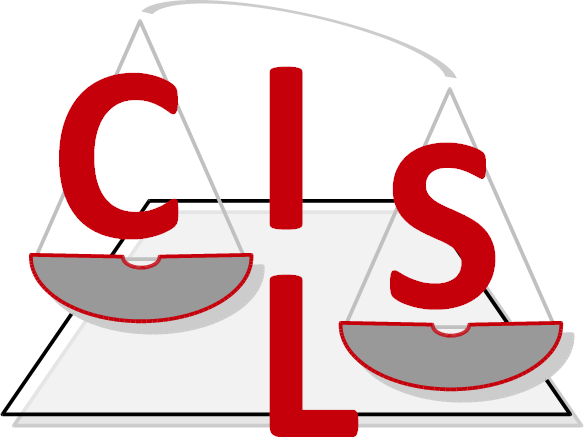
Centre for International Legal Studies (CILS) is a non-profit institute for research, legal training and publications with international seat in Salzburg since 1976. The Faculty has realised cooperation on one of the Centre’s most successful programmes – Visiting Professorships for Senior Lawyers which includes visits of American judges, prosecutors and attorneys with long teaching experiences with the purpose of transferring their professional skills and practical knowledge upon the students.

Croatian Institute for Local Self-government (HILS) is a non-profit association established in 1998 with the purpose to study and promote the idea and practice of local self-government in the Republic of Croatia. The Faculty participates in the activities of the CILS, which are primarily focusing on organisation of education programmes, professional and scientific conferences and research activities, providing advisory services, publication of results, international cooperation with similar organisations and conducting projects for promotion and improvement of the idea and policy of local self-government.
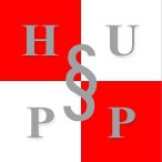
Croatian Association for Comparative Law (CACL) brings together legal researchers, judges, attorneys and other lawyers interested in the study of Comparative Law. CACL is primarily focused on the development of the comparative-law approach in scientific and professional research in Croatia and on the presentation of Croatian jurisprudence in the world. CACL is a part of the world network of national associations gathered under the aegis of International Academy of Comparative Law (Académie internationale de droit comparé). CACL contributes to the promotion of Croatian legal science and profession on the global level through regular participation of its members at congresses. The objective of the Association is the promotion of Croatian law in the world and of the Comparative Law in Croatia. In that context, the Association performs the following activities: studying Comparative and Croatian Law; monitoring, collecting and researching into the legislation, judicial practice and legal literature; informing Croatian lawyers’ public about legal standards and new solutions of the Comparative Law; organisation of international and domestic conferences, seminars and public lectures in the field of Comparative Law, participation in the work of specialised international associations for Comparative Law; non-profit publishing of books and other publications.
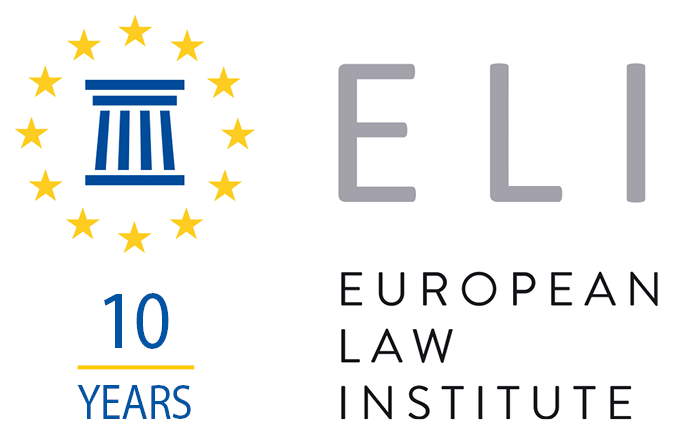
European Law Institute (ELI) is an independent non-profit organisation founded with the objective to allow international research works in various branches of law, and for the purpose of providing recommendations and guidelines for the development of European jurisprudence. ELI is trying to give its contribution to the establishment of the EU legal community through integration of different legal cultures and promotion of the values of comparative legal research, and it comprises all branches of law. Members of the teaching staff are members of ELI.

The European Law Faculties Association (ELFA) was founded in 1995 in Leuven by more than 80 Faculties of Law located in different universities across Europe. The organisation now has more than 200 members from countries within the EU and beyond, it acts as an international forum for the discussion of many legal topics related to legal education.
ELFA organizes an Annual Conference at which members are encouraged to participate in a range of discussions and workshops concerning various aspects of legal education. The aim of ELFA’s activities is to coordinate process of reform of legal education in Europe, introducing new topics, promoting cooperation between Universities in Europe and representing Law Faculties vis-à-vis European Institutions, National Education Institutions and Professional Laywers and Prosecuters Associations. Currently, the most important focus of ELFA’s activities is the reform of legal education in Europe.
ELFA places particular emphasis on accreditation and quality assessment as a condition for the Europeanisation of the study of law. ELFA is also active in developing new models for the use of ICT in legal education and provides information and support for its member faculties in this rapidly evolving area. ELFA co-operates with other professional associations in the field of legal studies in order to further promote activities relating to legal education.
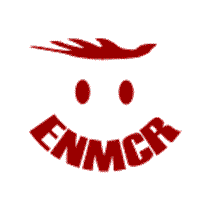
The European Network of Masters in Children’s Rights (ENMCR) was founded in Berlin, Germany in September 2004 by five West European Universities with the support of the Non-Governmental Organisation Save the Children, Sweden. Faculty of Law Osijek joined the Network in September 2015. The network brings together academics, researchers, NGOs, public agencies and students. The members of the network are connected by the common belief that childhood is a social, historically changeable phenomenon and that children are social subjects who are to be respected as such, with own views, interests, competences and the right to comprehensive participation. The members of the ENMCR cooperate in order to: exchange experiences, consult and advice each other, promote an exchange between teachers and students, enhance research on the implementation and further development of children’s rights and influence children’s policies on a national and European level to achieve a farreaching and sustainable implementation of children’s rights.
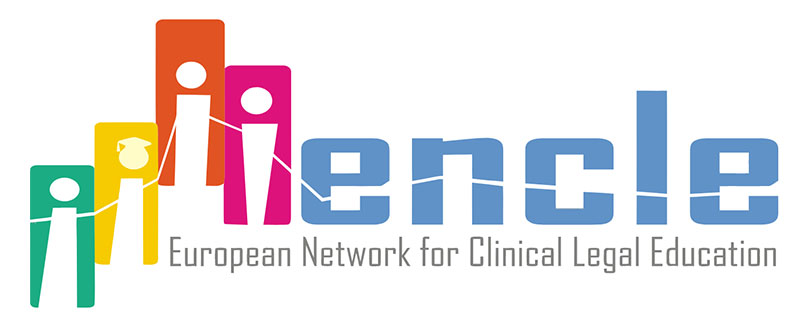
ENCLE is a European Network of persons committed to achieving justice through education. It aims to bring together persons from different countries, who exchange perspectives and work collaboratively from a variety of legal, educational and organizational settings in order to promote justice and increase the quality of law teaching through Clinical Legal Education (CLE).

